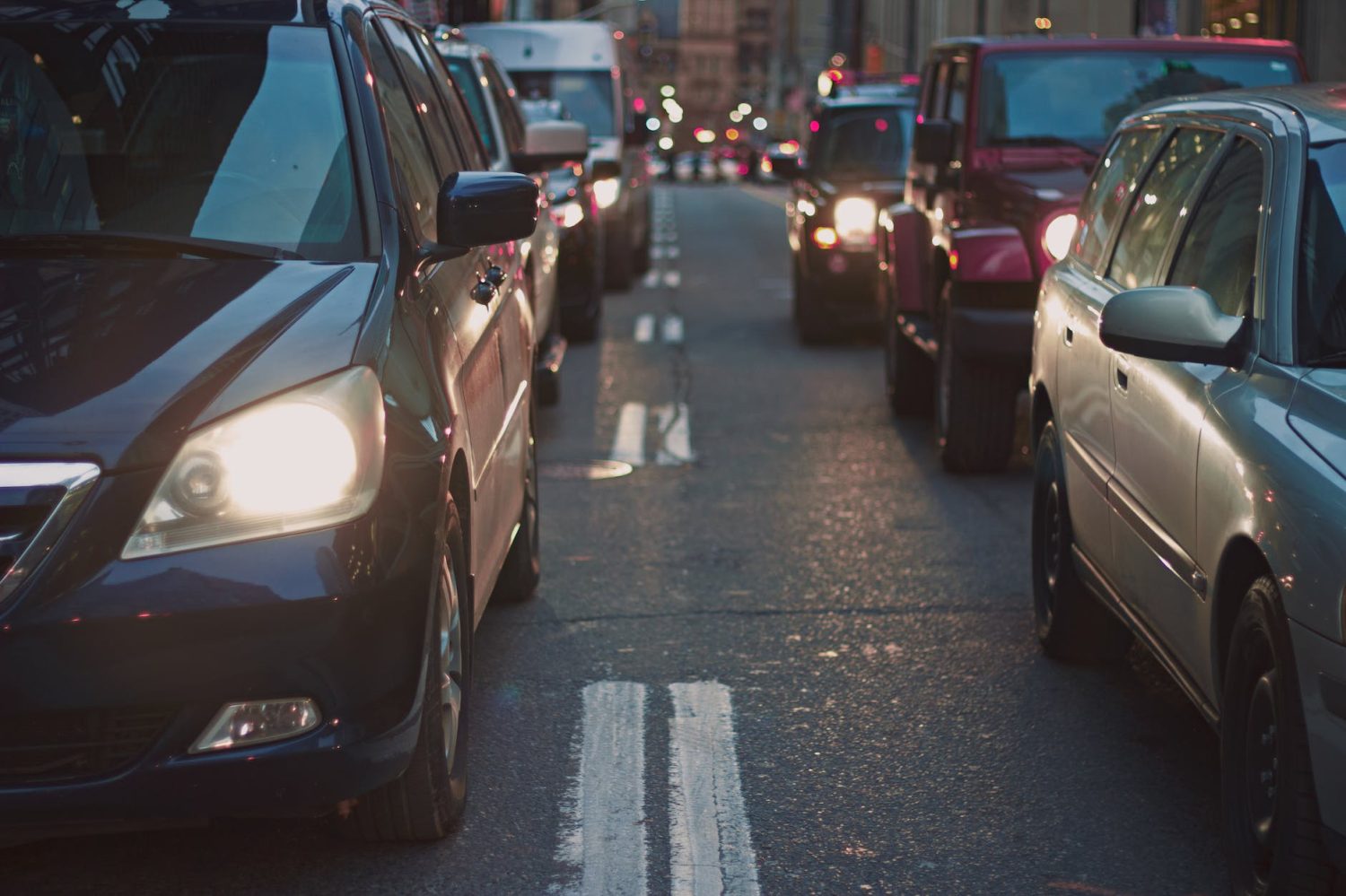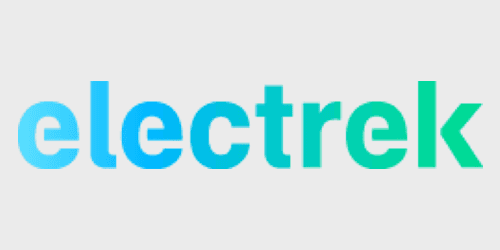
European automakers have secured less than a fifth of the cobalt, lithium, and nickel they’ll need to meet targets by 2030, according to a new analysis by Transport & Environment (T&E). Exceptions are Tesla and China’s BYD, but Tesla and certainly BYD fall a bit short on responsible practices compared to other automakers.
In the race to procure key battery metals, European automakers have secured only 16% of the key metals they’ll need to meet their sales goals by 2030, according to T&E, a campaign organization based in Brussels. Volkswagen and Stellantis are making some headway in this regard, but the rest of the lot is “far behind,” according to a press announcement. The European Union is set to ban the sale of new ICE vehicles in 2035.
T&E analyzed publicly available contracts and ranked manufacturers in terms of battery supply chain based on raw materials secured, cell production, and responsible practices.
“Tesla leads the overall ranking on the strength of its raw material and cell production strategies – though it trails several competitors on responsible practices,” the announcement states. “Volkswagen performs relatively well in all three categories to finish second, just ahead of BYD which tops the raw materials score but falls down on responsible practices because it provides no information about sustainable sourcing.”
Among the findings, Tesla, BYD, VW, Ford, Renault, and Stellantis all have long-term contracts in place for each of the three key metals or plan to alter battery chemistry to move away from using these types of metals. Mercedes has only one publicly disclosed contract for a key mineral, while BMW, which opposes the EU’s phaseout of ICE vehicles altogether, has not disclosed enough information about how it plans to proceed.
“There is a clear disconnect between carmakers’ electric vehicle goals and their critical mineral strategies,” said Julia Poliscanova, senior director for vehicles and e-mobility supply chains at T&E. “Tesla and BYD are way ahead of most European players who are only waking up to the challenge of securing battery metals now. This report should sound the alarm to CEOs and investors to engage further upstream in their supply chains.”
German automakers BMW, Mercedes-Benz, and Volkswagen came out on top in terms of responsible supply practices, which were based on the traceability of raw materials, low-carbon processes, and human rights and indigenous rights. European manufacturers were also found to be ahead of the US and China in terms of “cleaning up supply chains” from abusive practices, using child and other exploited labor, and employing environmentally destructive techniques – metrics that should be fundamental for consumers and investors, or just to any human being with a beating heart. BYD, on the other hand, didn’t earn a score since it offers no information in this regard.
In terms of resilience to what it calls “supply chain shocks,” which the group ranked as an important metric as EU trade tensions with China escalate, Volkswagen, Stellantis and Mercedes-Benz score best. The three companies, along with France’s Renault, are the only carmakers in Europe supporting EU startups in battery components and minerals processing.
This should sound some alarms for European manufacturers hoping to stay alive as the world phases out combustion engines. Lithium demand is expected to quadruple by 2030 as the world phases out ICE vehicles in favor of EVs, with the T&C forecasting that there will be a lithium shortage of 390,000 tonnes in 2030. To underscore the importance of getting on top of this early, Benchmark chief data officer Caspar Rawles told The Guardian that “in the medium and even the long term, lithium is probably going to be the limiting factor on the rate that the battery industry can scale.” Mining projects can take at least five years to start production at scale, meaning investment decisions need to be made soon to increase supply by the end of this decade.
FTC: We use income earning auto affiliate links. More.


Comments